emotional meltdowns in adults
 How to Deal with ADHD Meltdowns in Adults | HealthyPlace
How to Deal with ADHD Meltdowns in Adults | HealthyPlaceIt is not yet a Tantrum: the melting of the always elusive adult Dear Spectrums, Today we face adult fusion. He's an elusive beast; weird and camouflaged. As a predator, he stalked in the shadows, waiting to jump when his victim is less prepared. Their attack is strong and ferocious; expose the vulnerable with lethal precision. It devours everyone in its way leaving only shame, guilt and exhaustion. Strike again with little warning, once again paralyzing your prey without worrying about the damage you left on your candle. This is the adult melting and is a wild brute. Some say it's a myth. I'm here to say the opposite. Many of the autistic challenges are understood and explained from a child's perspective. As an adult in the spectrum, I spend a good time taking advice, research, supports and services that are designed for mini-spectrengths and adapting them to adult life or recreating them completely. In fact, much of what we all know about autism and its effects comes to us from work done with children. When we learn about the transition, and sensory problems, and the need for a strict routine, it is almost always described from the external observances of parents, teachers and doctors. Most of us learn the classic signs, symptoms and phenotypes of autism as related to us from a child's point of view. But as we know, autism is a neurology of birth to death that presents several developmental obstacles for all genres through useful life. However, rarely if I ever see the adult transitions discussed, and they exist, trust me. We don't see much in the form of sensory challenges for adults either. But the least we hear is the insidious melting of adults. Science and psychology tell us that melting is a result of a variety of environmental triggers that overwhelm the brain with too much external information that makes the individual temporarily lose control. The melting itself is said to be an emotional response to an overload of information. The demolitions are often described as the common "tantrum", but they do not stop when the person "opens its way". When described like this, it's no wonder we just heard about the minis. But melting doesn't go away over time. You don't grow up from them. They become less frequent and better hiding. Part of the problem with adult melting is that they don't seem to be children's melting. And why do we expect it? Adult triggers and children's triggers are very different. Children don't have to worry about food planning and paying bills. Adults don't have to deal with teachers and duties. As with everything in life, sensory and social tensions change as our environments change, naturally over time. Sometimes, that unfortunately means a merger. For me, adult melting is generally more silent, less external destructive, and often experienced alone or one in one. But it's a spectrum, so everyone's different. Still, why aren't we talking about the merger of adults? What are we afraid of? I would like to venture is that we adults already face a lot of stigma and silent discomfort that the idea of reviving the destruction of a mature fusion is more shame and guilt than the original fusion itself. We have already abused ourselves in the consequences of negative self-talking and other self-affecting behaviors, there is no need to rub the salt in the wound when compared to a child and feel helpless, once again. And so, I sit here, blinking the cursor waiting for my next move, not wanting to revive any of my own flashes, but also very tired of having to fight alone with them, in silence. It makes me sad to imagine my favorite mini-spectrum without adult spectrum experiences to help you understand yours. I know that I can only describe my own experiences and feel empty, not at all a fair and equal representation of our spectrum of experiences. But if not me, who will start sharing? Who will describe the rage and frustration that accumulates in our breasts and hands as the merger begins? That moment when we know it's too late to do something to stop it and count on ten sounds as ridiculous as aspirin for a big bad seizure. Trust me, we know how horrible we will be during him and we also know the physical pain, exhaustion and shame that will follow our inability to stay in control. All I can do is describe my own and expect others to follow my lead. My melting usually occurs after a few days of pushing me to my limit; a weekend of birthday parties or family events, for example. As a child, melting seemed and felt a lot like the way it is described in clinical texts. There was an overdoor, the launch of objects, the ear piercing screams, and a variable screen of auto-arma. The best way to describe them was like a summer storm. Continuing quickly, stirring strong and dissipating so fast. The sun would always follow to dry tears. As an adult, pushing me to my limit means something very different. The little me could have a meltdown because dinner was different or my routine was unexpectedly changed. Adult I overdo it socially or take too many projects because they are my special interest. The adult can flow better with changes in plans but cannot handle unplanned or barely planned social obligations of adulthood. The boy who hated school. Adult loves my career. The boy loved being sweaty and dirty outside. I like the winter and the tranquility of a snowstorm. Throw me the doors. Adult yells at me bad and horrible truths to anyone in rank; the kind of truths that cannot be taken back. When the adult melts, I can feel it everywhere. Every cell in my body feels like he's had 12 cups of coffee. I can feel anger and frustration trying to force myself. It's like a rough pot ready to boil. I want to hit things, throw things away, scream, cry, cry, literally want to scratch the rage of my skin and hit my brain again in control. As the melting blows, I am impotent. I'm like a backseat driver to my brain and body while my hands tear in anything close and my mouth spit ugly nasty words in the nearest target. I'm an adult. I shouldn't be having a tempered shredder I tell myself; the years of others' words repeating in my head without rest. But I'm not an adult, I'm an adult autist and this is not a temper-tantrum. This is an adult meltdown. The merger continues but it enters the phase of shame and guilt. I can't believe it happened again. It's all my fault and all the others. The melting happens. If I'm lucky I'm home. The giant Tsunami of Self-Pression strikes. How could I let myself do this? Why didn't you hold him? Trying to put together the things I said, I take a balance of the damage done. It's too much. Tears flow alone. An endless cascade of sadness and guilt. I'm exhausted. Physically mentally and emotionally exhausted. My brain is beating and my whole body hurts. It feels like stomach flu. I must rest. The dream will come and also the vivid dreams, the form of my brain to pour excess information. Dreams will also cause havoc in my body. The next day is a guaranteed loss. I'm sure I lost something. I'm sure there's more to say. I hope others will add their words and experiences so that I can better describe my own experiences. Adult spectrums have stories to tell and knowledge to impart in the next generation of our community. We have tracks and signals for parents and spectrum providers. It is our obligation to talk about our adult experiences in the autistic spectrum. We are survivors and need our skills. And start here. Start now. With me, with you. Start with adult melting. We owe ourselves and our community to share our knowledge and experiences, all of it, even the painful and the ugly. Yours, Becca ^-^Subscribe to my 'mixed minds'! Register now! Gearbeccaloryhector SDL StoreEvolving Skye, LLC 2020
Meltdown – Autistic Adults

Emotional Meltdowns: Why They Happen, How to Prevent Them | Everyday Health

Shutdown vs. Meltdowns Both... - Autism Discussion Page | Facebook

The Real Difference Between Tantrums and Meltdowns
Autism Emotions
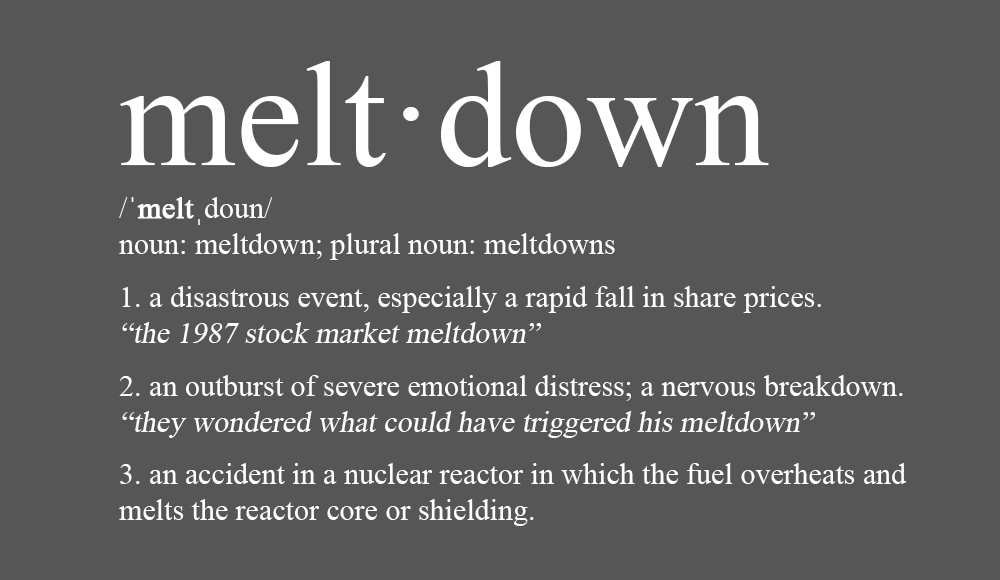
Meltdown | Coachella Valley Kids
The Johnson Center for Child Health & Development

The Art of Managing Meltdowns and Tantrums | Baby Sense USA
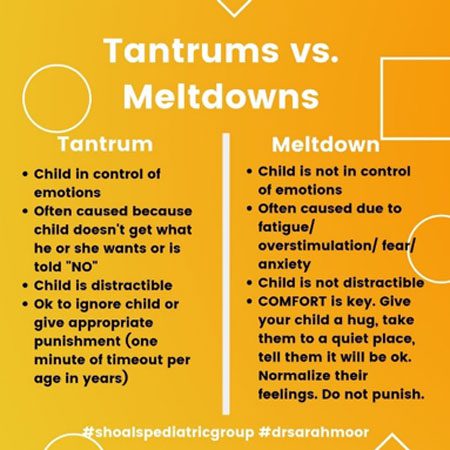
The After-School Restraint Collapse: Helping Your Child Overcome Their Emotional Buildup from School | Rice Psychology
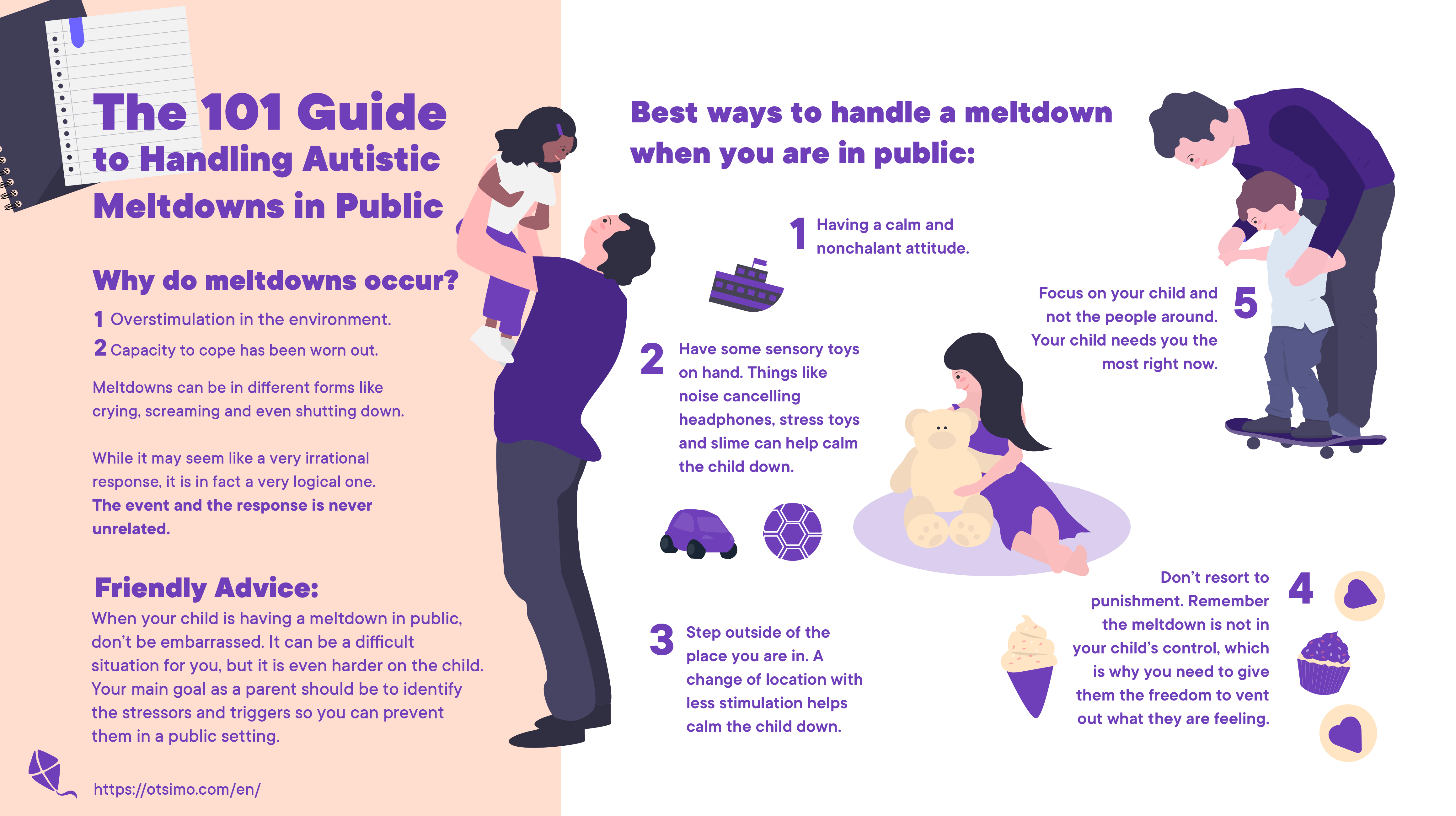
How to Calm an Autistic Child During a Meltdown | Otsimo
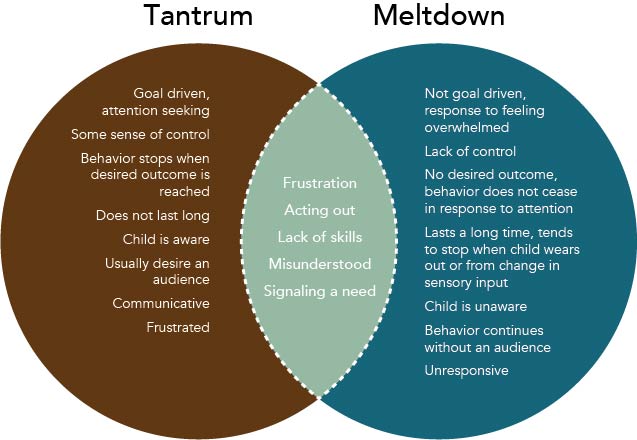
Tantrums for Your 9-Year-Old | Parenting Montana
It's Still Not a Tantrum: The Ever-Elusive Adult Meltdown - Becca Lory Hector CAS, BCCS
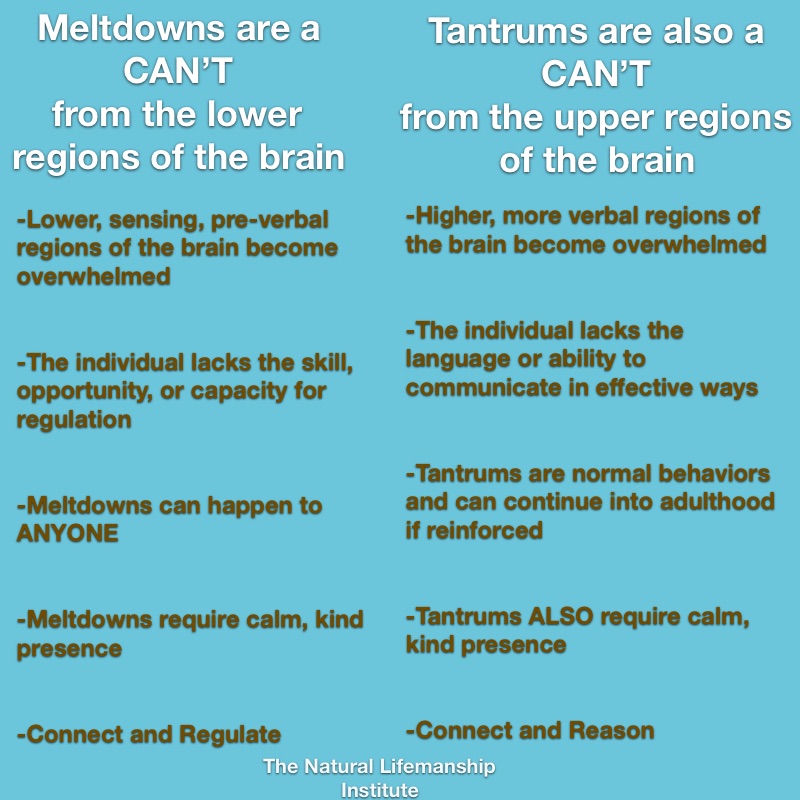
Natural Lifemanship

Pin on Interesting...

Boardmaker Achieve | Boardmaker, Social emotional development, Autism teaching

De-Escalation Strategies: Responding to Meltdowns & Tantrums | Urban Wellness
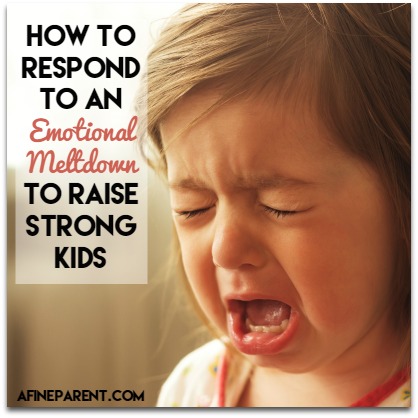
How to Respond to An Emotional Meltdown to Raise Strong Kids - A Fine Parent
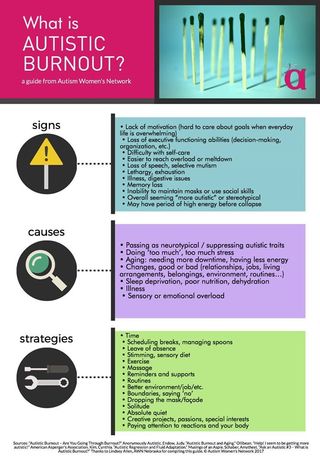
The GPS Method: De-Escalating Autistic Meltdowns | Psychology Today

How to Respond to An Emotional Meltdown to Raise Strong Kids - A Fine Parent
How to Deal With Temper Tantrums at Every Age - Cadence Education
The Best Strategies for Calming Autism Meltdowns and Tantrums

The M Word: We need to talk about adult autistic meltdowns | by Ashlea McKay | Medium

Managing Autism Meltdowns, Tantrums and Aggression - Autism Parenting Magazine

12 Strategies that Work for Me during our kid's Meltdowns | Child therapy, Kids and parenting, Coping skills
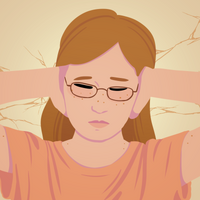
Meltdowns | Autism Wiki | Fandom
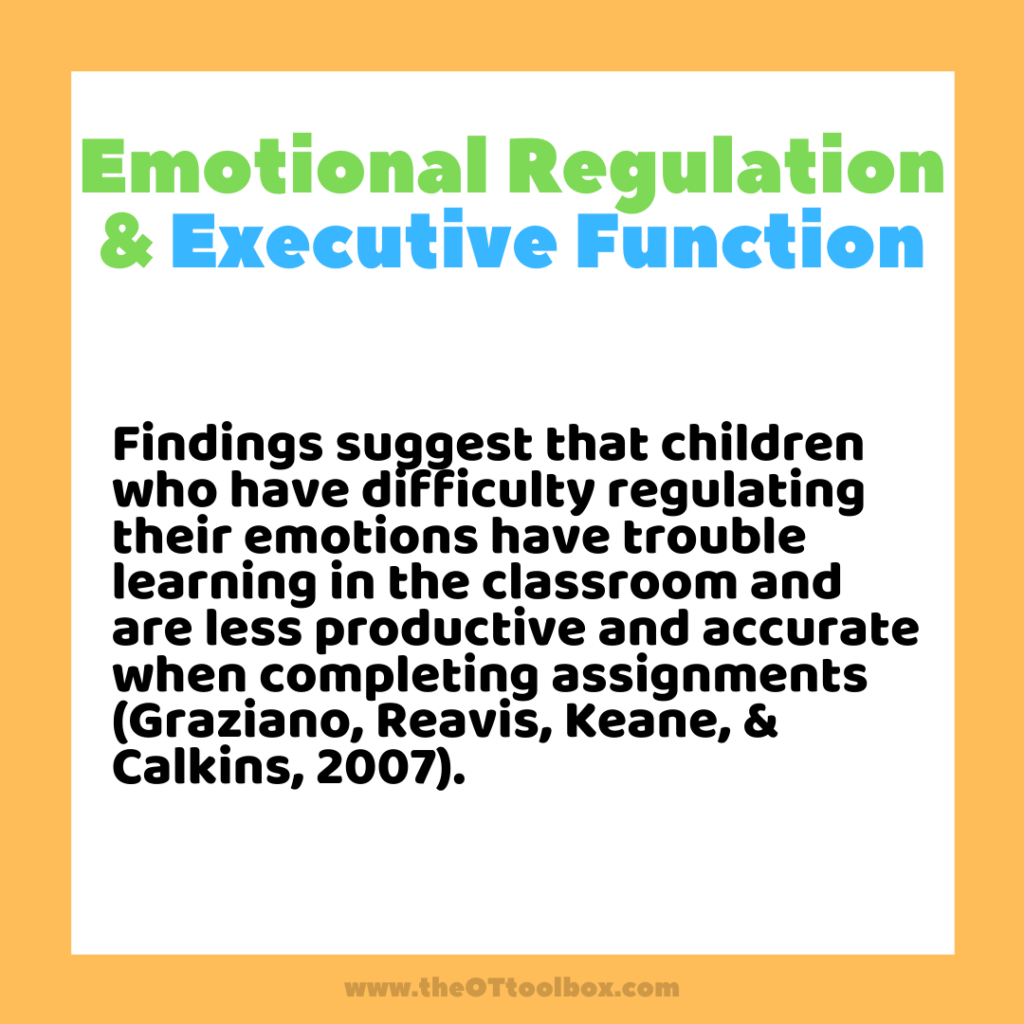
Emotional Regulation and Executive Function - The OT Toolbox
Quotes About Emotional Meltdowns: top 1 Emotional Meltdowns quotes from famous authors

Emotional Control for Kids: Meltdowns and Anger

Autistic burnout, explained | Spectrum | Autism Research News

What to Do About Kid's Tantrums and Emotional Meltdowns

Help! How to Deal With ADHD Meltdowns - YouTube
Does a Sensory Processing Disorder (SPD) Look different in Adults versus Children - Integrated Learning Strategies
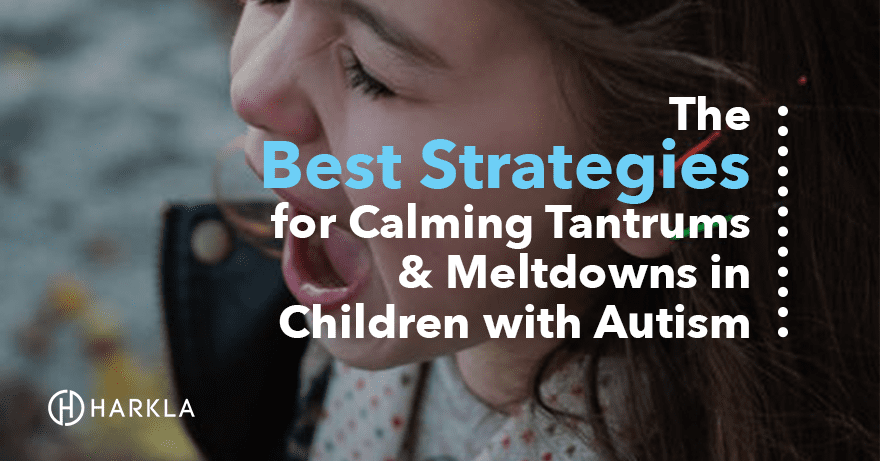
The Best Strategies for Calming Autism Meltdowns and Tantrums

Managing Meltdowns: Using the S.C.A.R.E.D. Calming Technique with Children and Adults with Autism: Deborah Lipsky, Will Richards: 9781843109082: Amazon.com: Books

How to Respond to An Emotional Meltdown to Raise Strong Kids - A Fine Parent

The Difference Between Tantrums and Meltdowns | Understood - For learning and thinking differences

How ADHD Triggers Intense Emotions In Your Brain

Tantrum vs Autistic Meltdown: What Is The Difference? - Autism Awareness
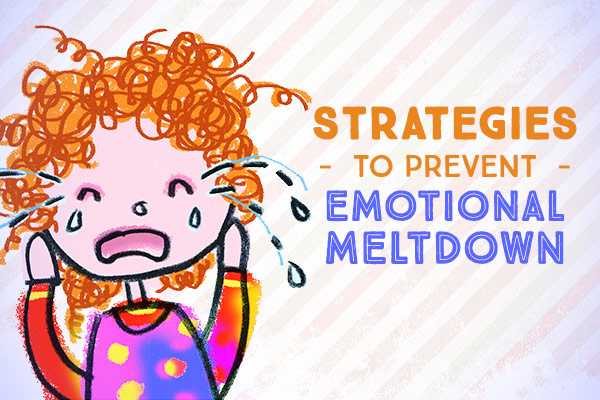
Strategies to Prevent Emotional Meltdown

what is an emotional meltdown - Women Fitness Magazine
Posting Komentar untuk "emotional meltdowns in adults"